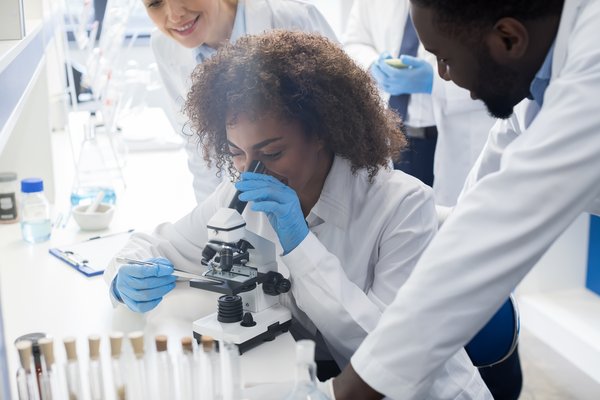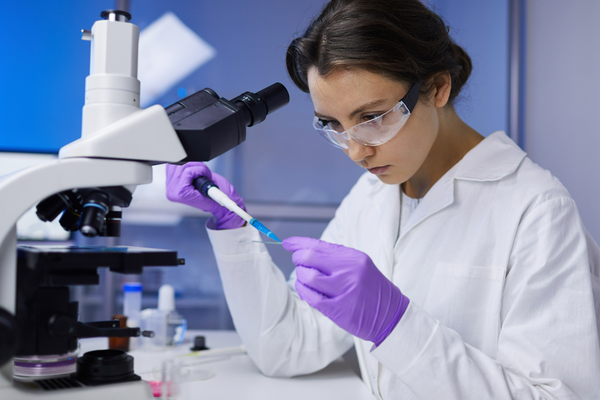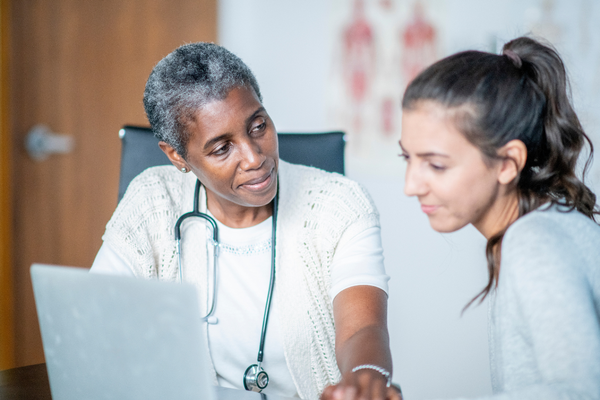
What is vulval cancer?
Wellbeing of Women has awarded Dr Susana Banerjee £176,277 to understand how healthcare professionals could deliver better ovarian cancer care in older women

Funded by Wellbeing of Women, Professor Gordon Jayson has been investigating why some women don’t respond well to Avastin (bevacizumab).

Funded by Wellbeing of Women, Dr Rachel Pounds has been investigating why some of the most common ovarian cancers return and become resistant to treatment, and how this could be side-stepped.

Wellbeing of Women and the British Gynaecological Cancer Society have invested £30,000 in Dr Maria Paraskevaidi’s research to develop a faster and more accurate diagnosis and treatment of cervical and vulval cancer